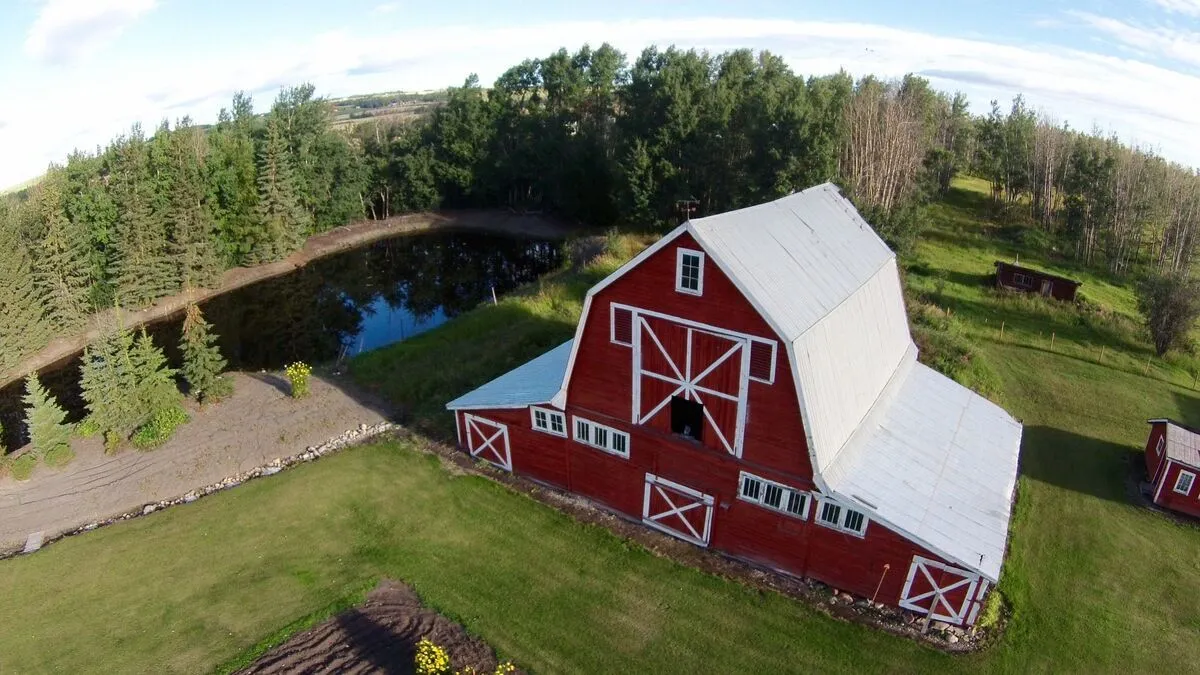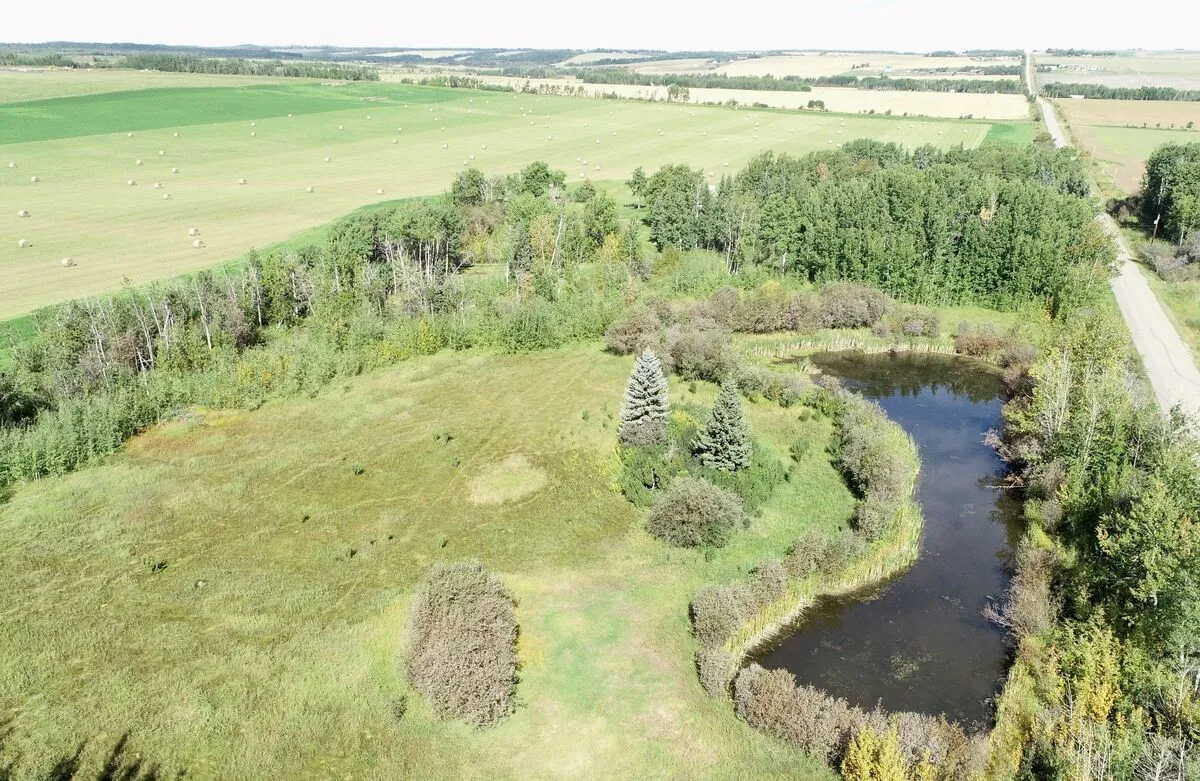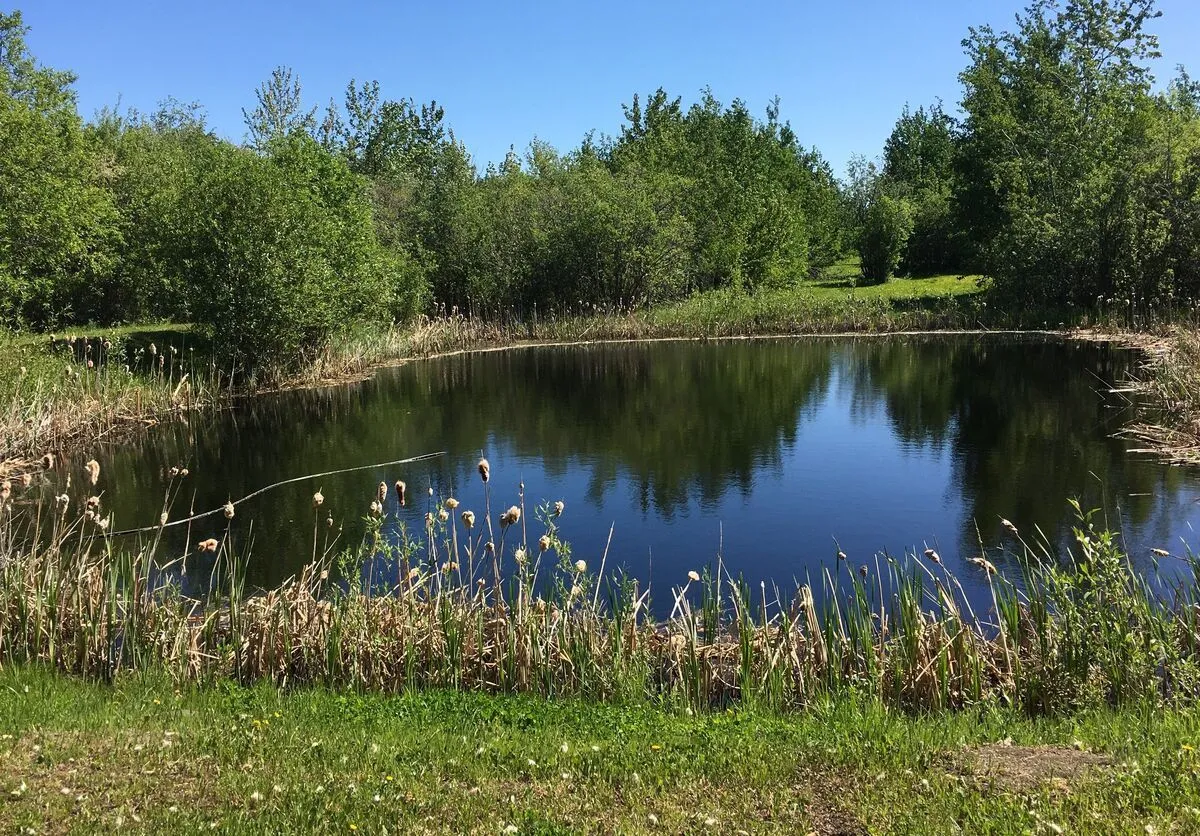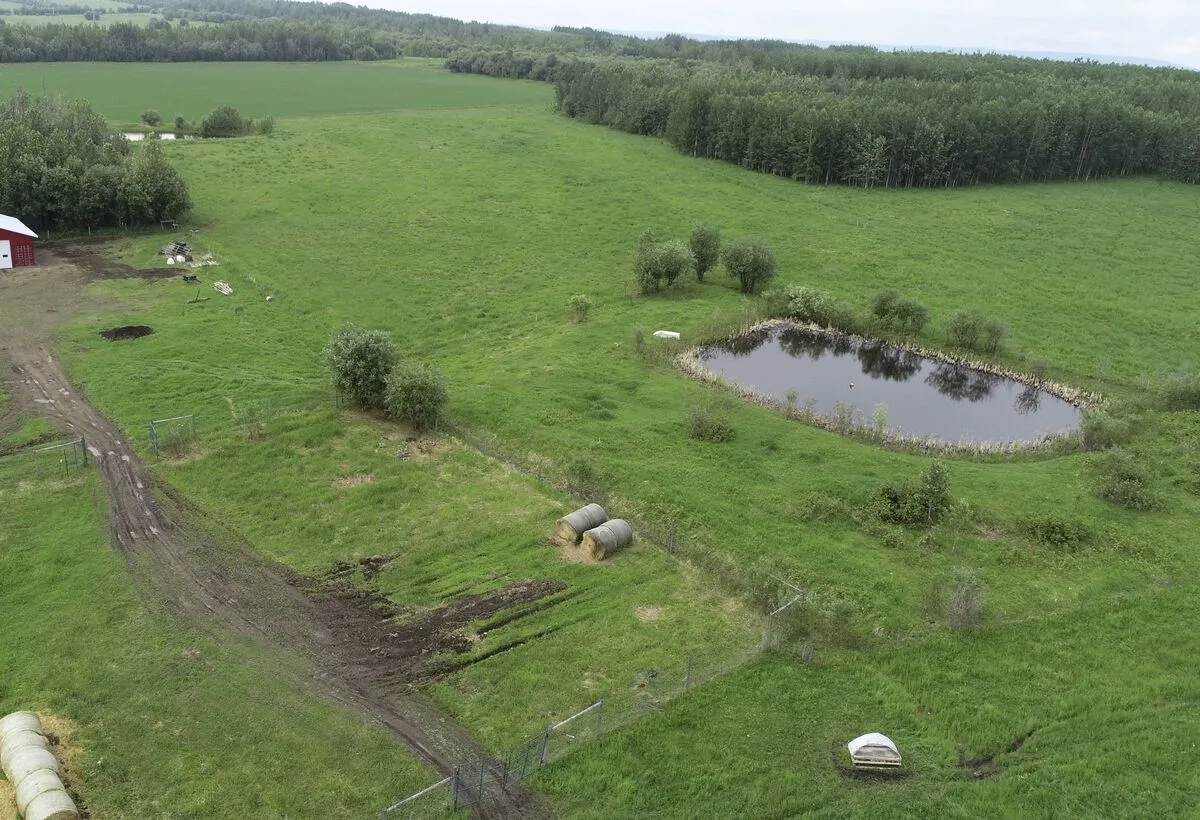What is water from ponds and dugouts used for?
Ponds and dugouts are generally made by humans as water reservoirs to trap and store runoff and rainwater. They are an important water source for rural residents, providing water for such things as livestock watering, crop spraying, and household use. Barnyards and gardens are usually serviced by dugout water either by pumping it or by using underground lines to hydrants.
Is pond water potable?
Getting good quality water from ponds and dugouts can be challenging, but that doesn’t mean it can’t be done. Pond water is often hooked up to residences to service non-potable taps and with a high-quality filtration system in place can also be used safely throughout the home.
Can I keep my dugout water clean?
There are ways to help keep your pond water clean naturally. This won’t negate the need for a filtration system for your household use but will ensure your water is as clean as possible and help keep your gardens and farm animals happy. Dugout management is important to protect and improve water quality. Aeration is one of the tools used to improve water quality. Oxygen exchange in a dugout is not usually sufficient without supplementary aeration. There are a variety of types of aeration systems available, including wind-powered and electric.
Is it better to have a well than a pond?
While well water can be easier to manage for household use, it is not always possible. In the Dawson Creek area, you will find the odd area that can have a well, but with the soil/clay base here wells are expensive to drill and usually have very high mineral concentration. Some people install high-tech filtration systems, but a high price tag goes with it, so most people stick with a cistern for residential water and use ponds for garden and animal watering. Whether you are using a well, pond, or cistern for your main water source, it is important to have bacteria tests completed at least once a year to ensure it is safe.




